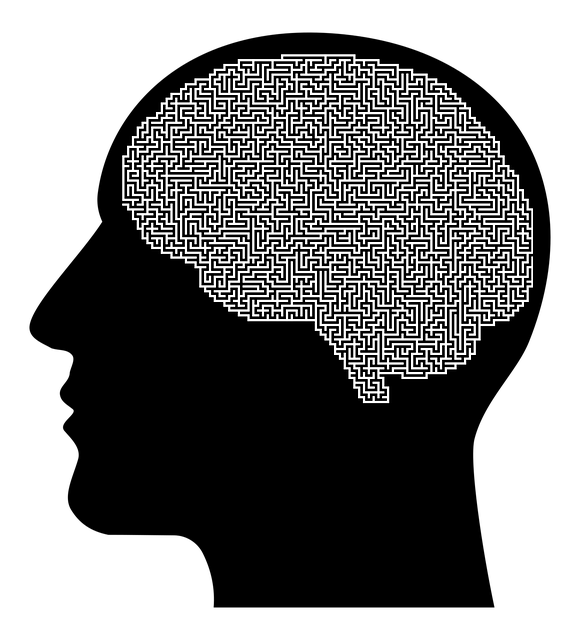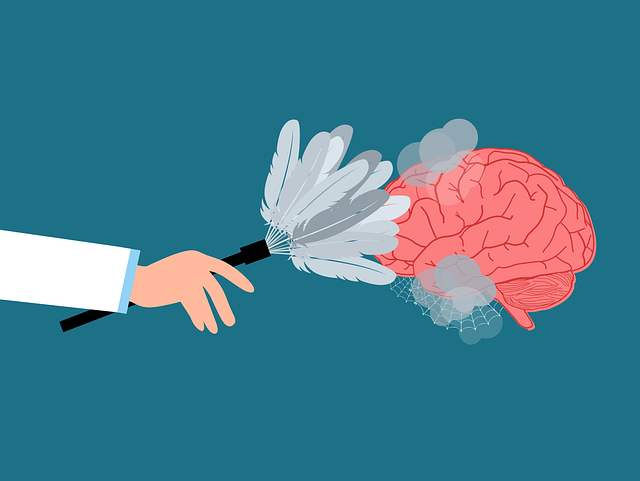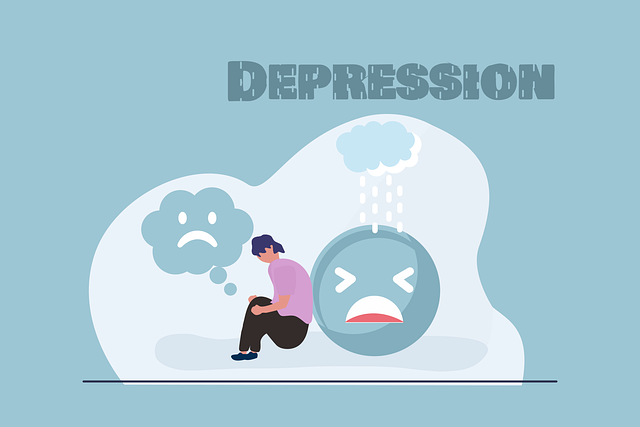Mental illness diagnosis faces challenges due to complex, overlapping symptoms and subjective assessments, hindering accuracy. Despite advancements, tools like Castle Rock Anger Management Therapy, early education, and evidence-based practices are crucial for improving diagnoses. Healthcare providers are encouraged through training to adapt and learn, aiming for precise, personalized care to avoid misdiagnosis, which can have detrimental effects on patient outcomes.
Mental illness diagnosis accuracy is a critical aspect of patient care, with significant implications for treatment outcomes. Despite advances in understanding and assessment tools, common challenges like subjective symptoms and comorbidities often hinder precise diagnoses. Misdiagnosis can lead to ineffective treatments and negatively impact patients’ mental health journeys. This article explores current landscapes, innovative solutions, and essential efforts to enhance diagnosis accuracy, including the integration of advanced assessment methods and specialized therapies like Castle Rock Anger Management Therapy.
- The Current Landscape of Mental Illness Diagnosis
- – Exploring common challenges in accurate diagnosis
- – Impact of misdiagnosis on patient outcomes and treatment effectiveness
The Current Landscape of Mental Illness Diagnosis

The current landscape of mental illness diagnosis is marked by a complex interplay of challenges and advancements. Despite significant strides in understanding mental health conditions, accurate diagnosis remains an elusive goal for many. The vast array of symptoms, often overlapping across disorders, creates a intricate diagnostic puzzle. Professionals rely on subjective assessments and self-reported experiences, which can be influenced by personal biases or cultural factors. This inherently subjective nature poses challenges, particularly when dealing with subtle nuances of emotional regulation and mood management.
Efforts to improve diagnosis accuracy are multifaceted. Mental health education programs design focused on raising awareness and fostering early intervention. Techniques such as Castle Rock Anger Management Therapy aim to target specific symptoms like anger and impatience, providing tools for better emotional control. Moreover, integrating evidence-based practices into routine assessments and promoting ongoing training for healthcare providers can enhance diagnostic precision. By combining these approaches with a commitment to continuous learning and adaptation, the mental health community strives to navigate this intricate landscape more effectively, ultimately aiming to deliver more accurate and personalized care.
– Exploring common challenges in accurate diagnosis

Mental health professionals often face a complex landscape when it comes to diagnosing mental illnesses accurately. One significant challenge is the vast spectrum of symptoms and their potential overlap between various disorders, making differential diagnosis a delicate task. For instance, anger management issues, which Castle Rock Anger Management Therapy addresses, can be a symptom of underlying conditions like mood disorders or trauma, requiring careful assessment.
Additionally, the subjective nature of mental health experiences poses difficulties. Patients may struggle to articulate their feelings or describe symptoms accurately, while therapists must interpret this information to make informed decisions. This is where Social Skills Training and Communication Strategies become invaluable tools. Enhancing a patient’s ability to express themselves can lead to more precise diagnoses, ensuring tailored treatments like Mood Management that address the specific needs of each individual.
– Impact of misdiagnosis on patient outcomes and treatment effectiveness

Misdiagnosis of mental illness can have severe consequences for patient outcomes and treatment effectiveness. When individuals are incorrectly labelled with a particular disorder, it may lead to inappropriate or even harmful treatments that fail to address their actual needs. This can result in delayed access to suitable care, exacerbation of symptoms, and decreased quality of life. For instance, someone experiencing anxiety might be misdiagnosed as having depression, leading to prescriptions for antidepressants that are ineffective and potentially causing adverse side effects.
At Castle Rock Anger Management Therapy, we recognize the importance of accurate diagnosis in mental health treatment. We promote Self-Care Routine Development for Better Mental Health and Burnout Prevention Strategies for Healthcare Providers to ensure optimal care. By fostering Mental Health Awareness, we aim to reduce misdiagnosis rates, improve patient satisfaction, and enhance overall mental well-being.
Mental illness diagnosis accuracy is a critical aspect of patient care, and efforts to improve it are essential. By addressing common challenges such as symptom overlap and cultural biases, healthcare professionals can enhance diagnostic processes. This, in turn, leads to more effective treatment plans tailored to individual needs, ultimately improving patient outcomes. Castle Rock Anger Management Therapy, for instance, highlights the potential benefits of specialized approaches when dealing with specific mental health issues. Through continuous education, advanced training, and innovative tools, the field of mental health diagnosis is taking significant steps forward to ensure better lives for those facing these challenges.








